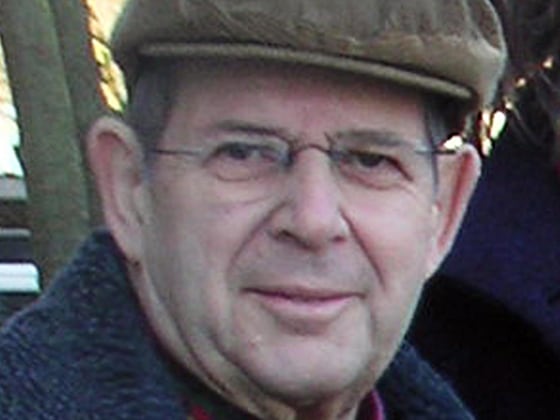Critics of the White House’s anticipated hostage policy review say the administration’s efforts are merely “window dressing” and don’t go nearly far enough in helping retrieve Americans overseas held captive by terrorist organizations.
Lawmakers across the aisle say the administration’s expected announcement that the government will no longer criminally prosecute families of American hostages who pay ransom to get loved ones back from such groups as ISIS falls far short of the aggressive steps needed for more substantive change.
The crux of the criticism centers around the administration’s plans to form an interagency hostage recovery "fusion cell" that will include officials from the FBI, the State Department, the Pentagon and CIA and will deal both with diplomacy and work with a coordinator who is a liaison for the families of kidnapping victims.
“The failure to appoint a single hostage czar will likely be the single most controversial part of this deal. The Hill wanted one. The families wanted one. Many in the government wanted one,” said Yochi Dreazen, managing editor of Foreign Policy. “We haven't talked to anyone in the White House who had a good answer why, but I wouldn't be surprised if pressure from the Hill eventually forces them to change course — especially if another American is kidnapped and killed.”
Related: President to Call for Changes to Hostage Policies
That’s exactly the concern of a bipartisan group of lawmakers like House Judiciary Chairman Bob Goodlatte who said the administration’s approach does more harm than good.
“The brutal murders of innocent Americans held hostage by the Islamic State are tragic and sober reminders that the terrorist threat against the United States and its allies is real and ongoing,” Goodlatte, R-Virginia said in a statement. “Unfortunately, President Obama’s decision to change our nation’s longstanding policy against paying ransom demands to terrorists does more harm than good. In fact, it empowers, emboldens, and incentivizes these violent extremists to capture and hold more Americans hostage for ransom. I urge President Obama to reconsider the implications of this policy shift and ensure that our hostage policies will actually serve to protect American lives.”
There are certainly risks with this shift in approach, foreign policy experts said.
“The U.S. has for decades had a policy of not formally negotiating with terror groups or paying ransoms out of a fear that would just encourage them to grab more American hostages. That's a real risk for this new policy as well,” Dreazen said. “The calculus the White House is probably making is that groups like the Islamic State are already super-motivated to nag Americans, so trying to make it easier to get them back outweighs the slim chance the group would somehow become even more anxious to grab more.”
Lawmakers such as Rep. Duncan D. Hunter, R-California, a member of the House Armed Services Committee, who has been a vocal advocate for rescuing American hostages held by terrorist groups are also frustrated that the changes don’t go further.
“After a long, drawn-out review of U.S. hostage policy, the changes offered up by the White House prove that neither the right questions were asked nor were any lessons learned,” Hunter said in a statement. “Wholesale changes are needed, but what’s being put forward is nothing more than window dressing, I fear. It’s a pathetic response to a serious problem that has plagued the ability of the U.S. to successfully recover Americans held captive in the post-9/11 era.”
Related: Whistleblower: U.S. 'Failed' to Free American Hostages
The families of captives have said they have felt confused by what they see as conflicting government guidance about negotiating with terrorists to retrieve their loved ones.
“Our family was committed to doing everything in our power to bring Warren home. While some elements of the US Government, including Congressman Delaney, Senators Mikulski and Cardin, and specific officials from the FBI were relentless in their efforts to provide information and support, other elements of the U.S. Government fell short,” Elaine Weinstein, the wife of Dr. Warren Weinstein, an American hostage who was killed by a U.S. drone strike said in a statement. “The information we received over three and a half years was inconsistent at best and utterly disappointing.”
Earnest said the administration recognized the U.S. government could be a bit more clear in giving information to the family members of Americans who have been kidnapped.
While the president "does continue to believe (in) a no concessions policy," White House Press Secretary Josh Earnest said on Tuesday the administration also "wanted to improve the process of communicating with families who have loved ones who are going through this terrible situation."

